Institute of Sustainable Development
Our vision
We will be the leading institute in Central Europe for outstanding quality of education and impactful research regarding environmental, economic and social sustainability.
Our ambition

„Our ambition is to support our students by offering them outstanding quality education. We also generate highly impactful research regarding sustainable development and businesses.” Professor Attila Jámbor, Head of the Institute.
Contact: attila.jambor@uni-corvinus.hu
Our mission
We work on forward-looking and problem-oriented research projects that have an impact on science, businesses and society at large. We build on excellent learning experience and equip our talented and dedicated students to realise their potential and to achieve their ambitions. Our aim is to become a preferred partner for government, businesses, industry, and other research institutes in creating sustainable solutions to Europe’s most pressing problems in the fields of agricultural and environmental economics, economic geography and urban development, as well as tourism management.
Innovative Research
Through cross-disciplinary collaborations, creative and exciting methods are developed and multiple perspectives on a single sustainability issue are addressed.
Our research teams are committed to provide benefits to society at large by focusing on sustainable development goals.
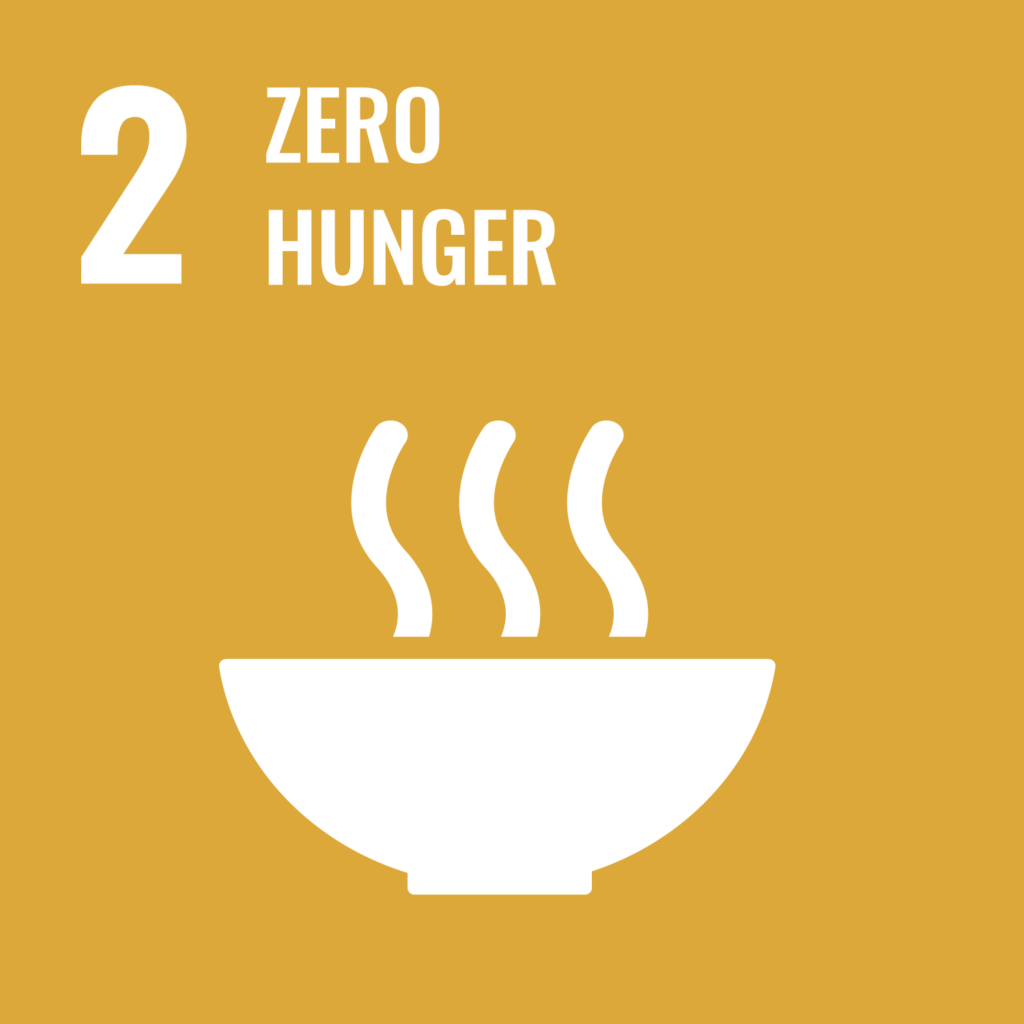
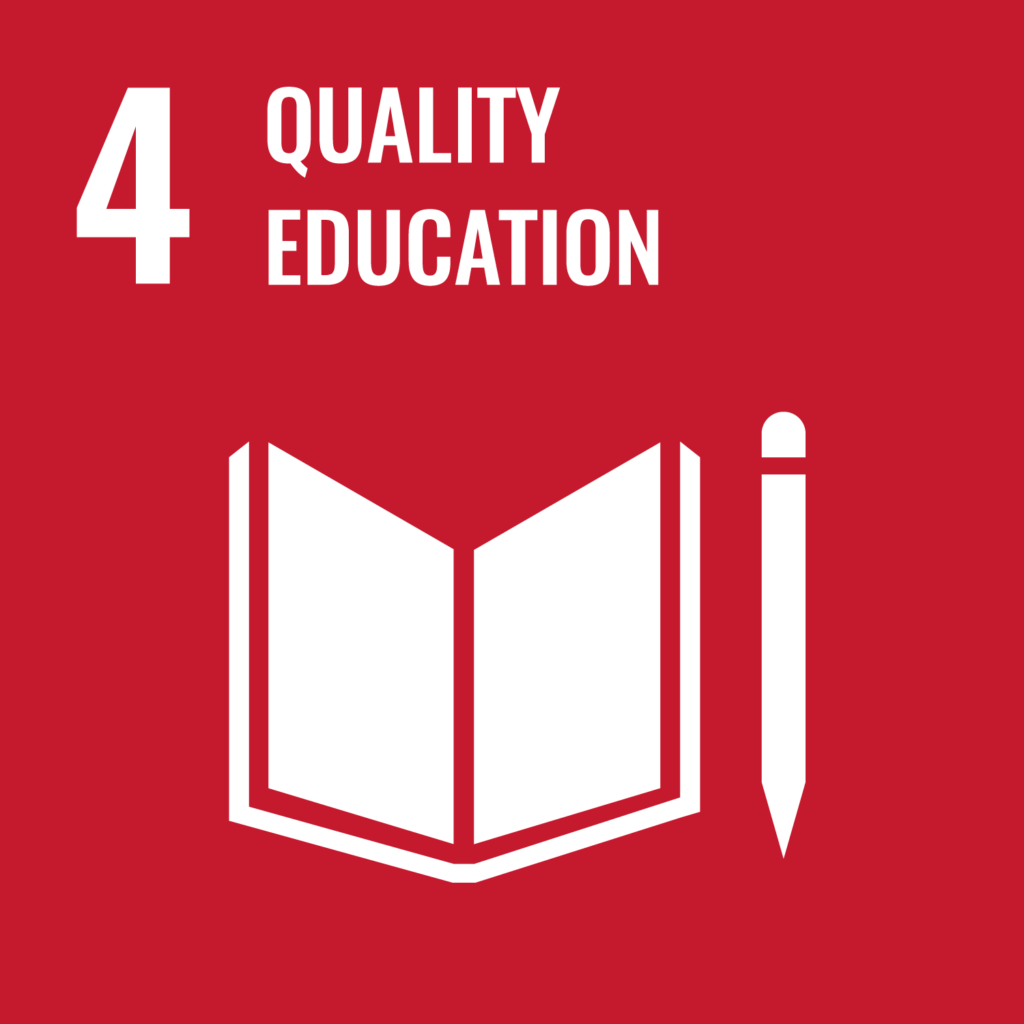
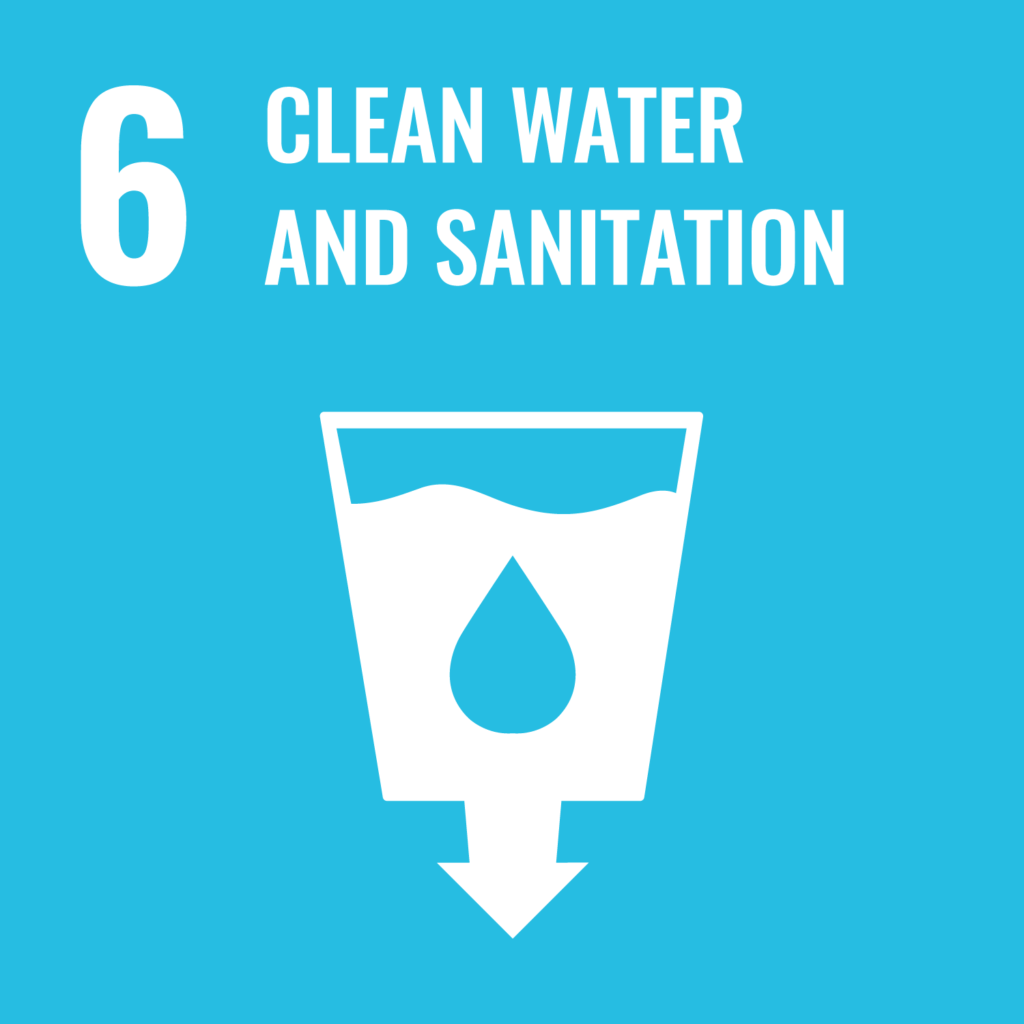
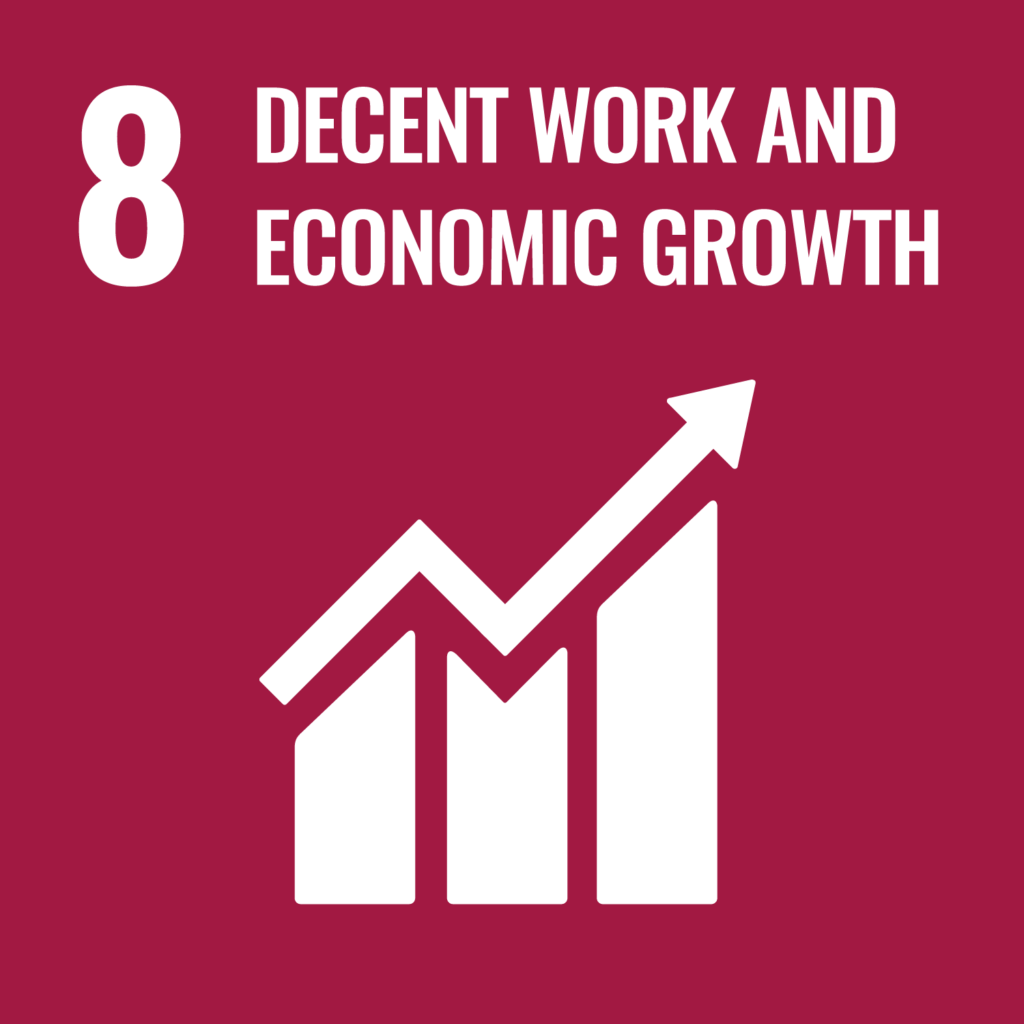
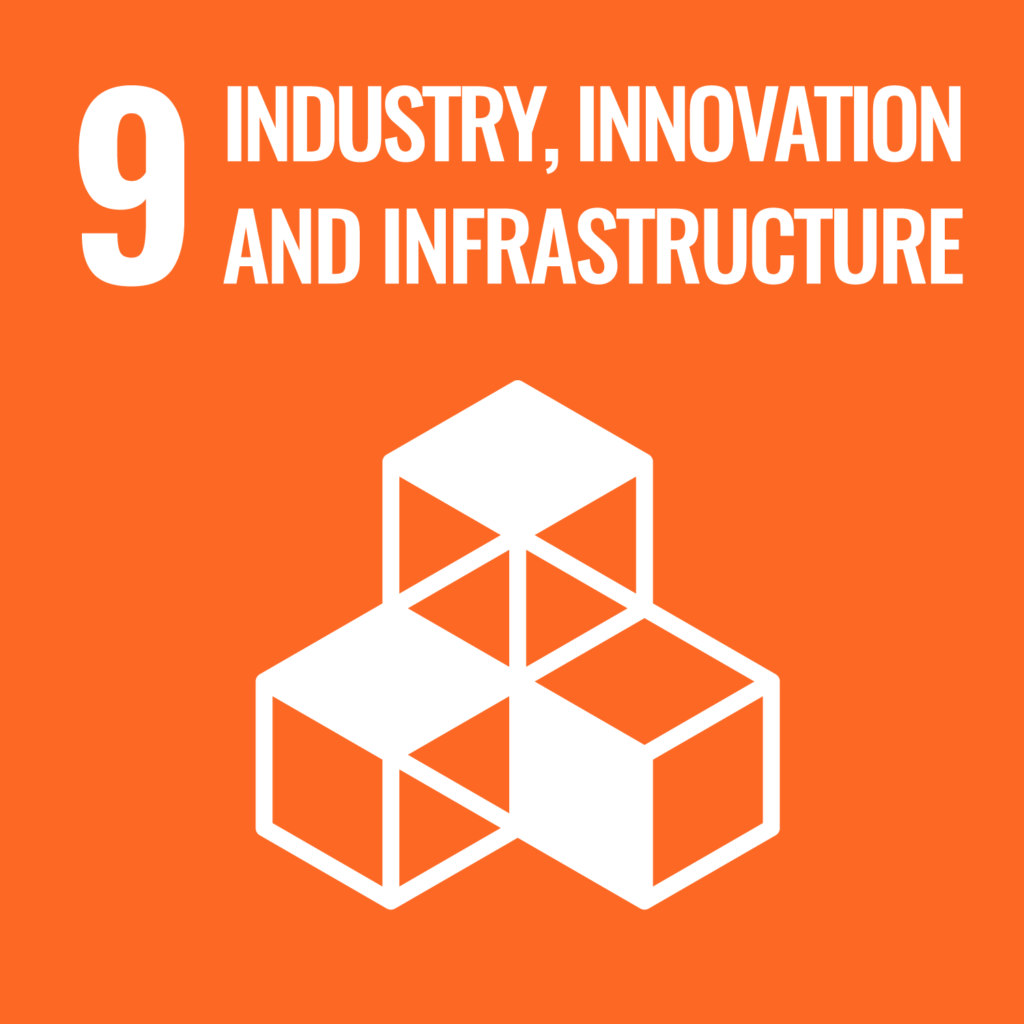
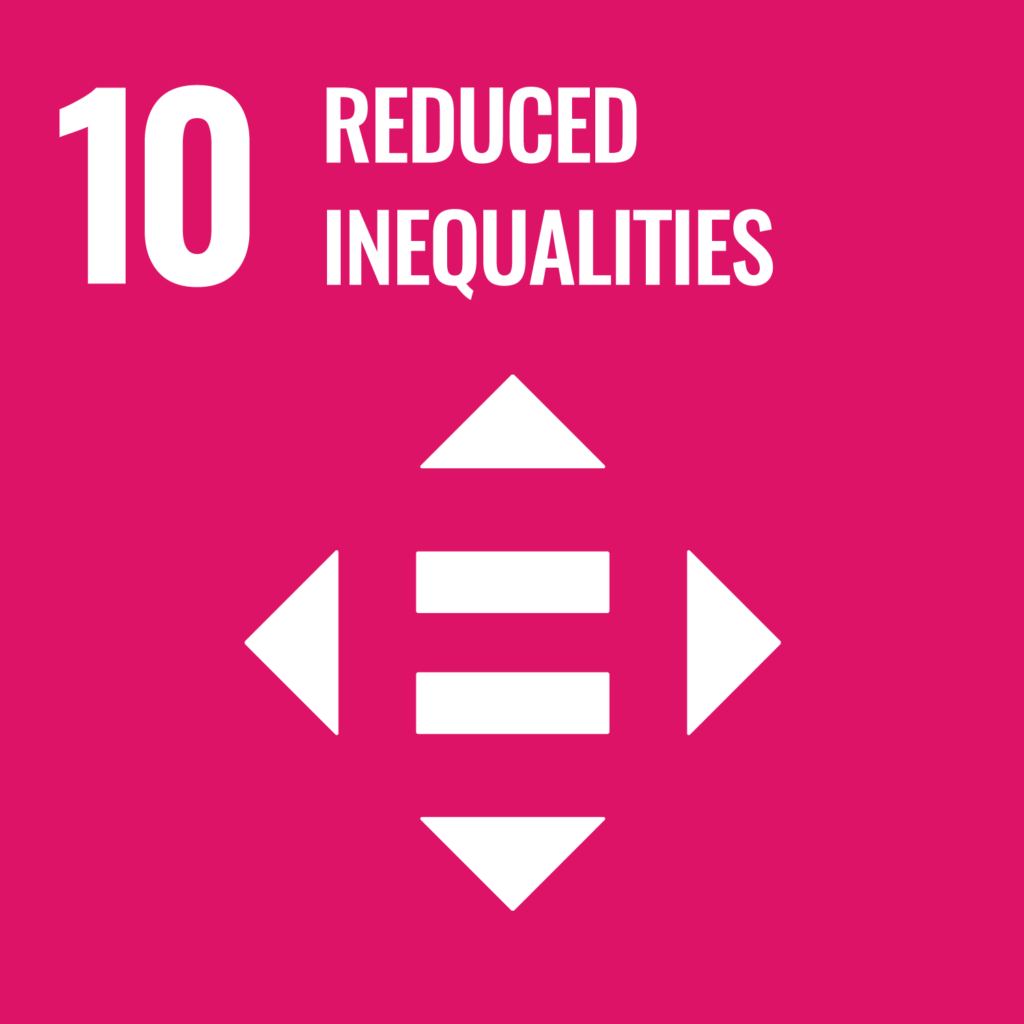
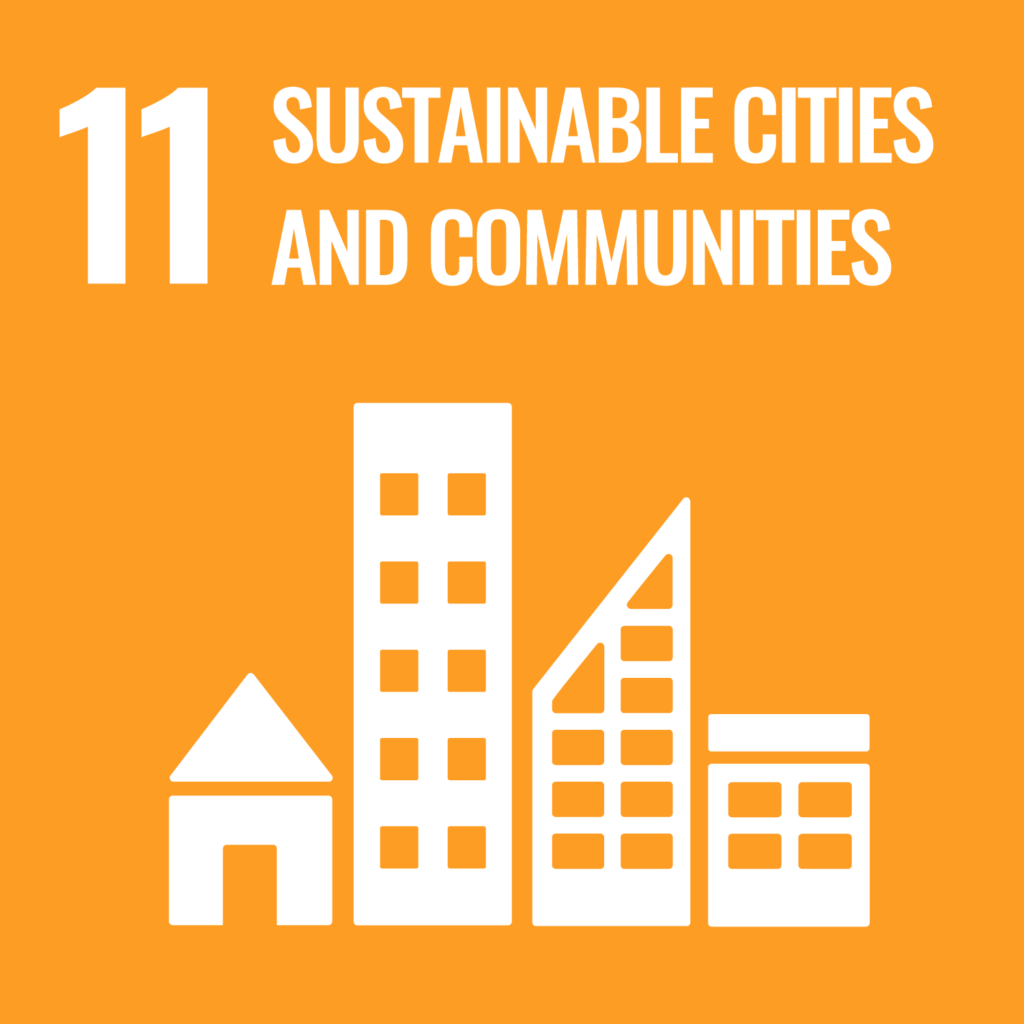
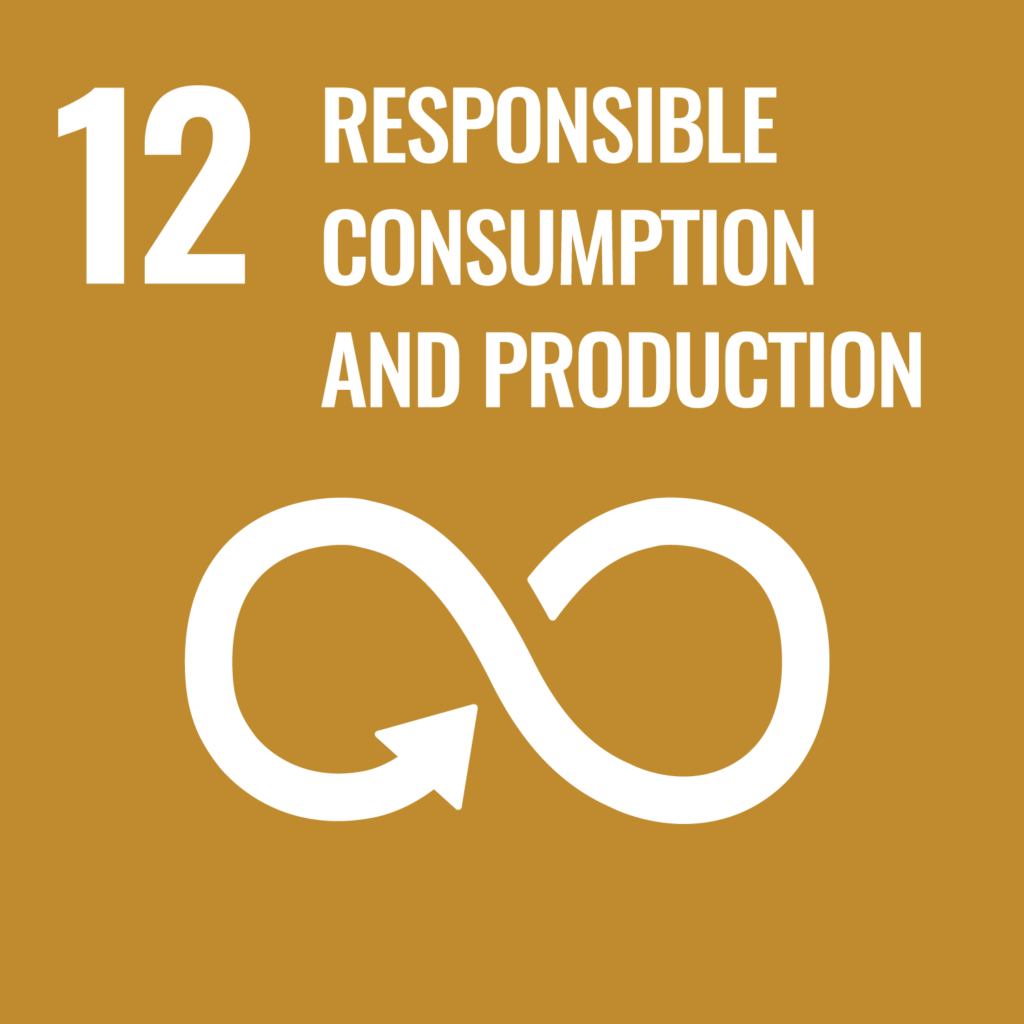
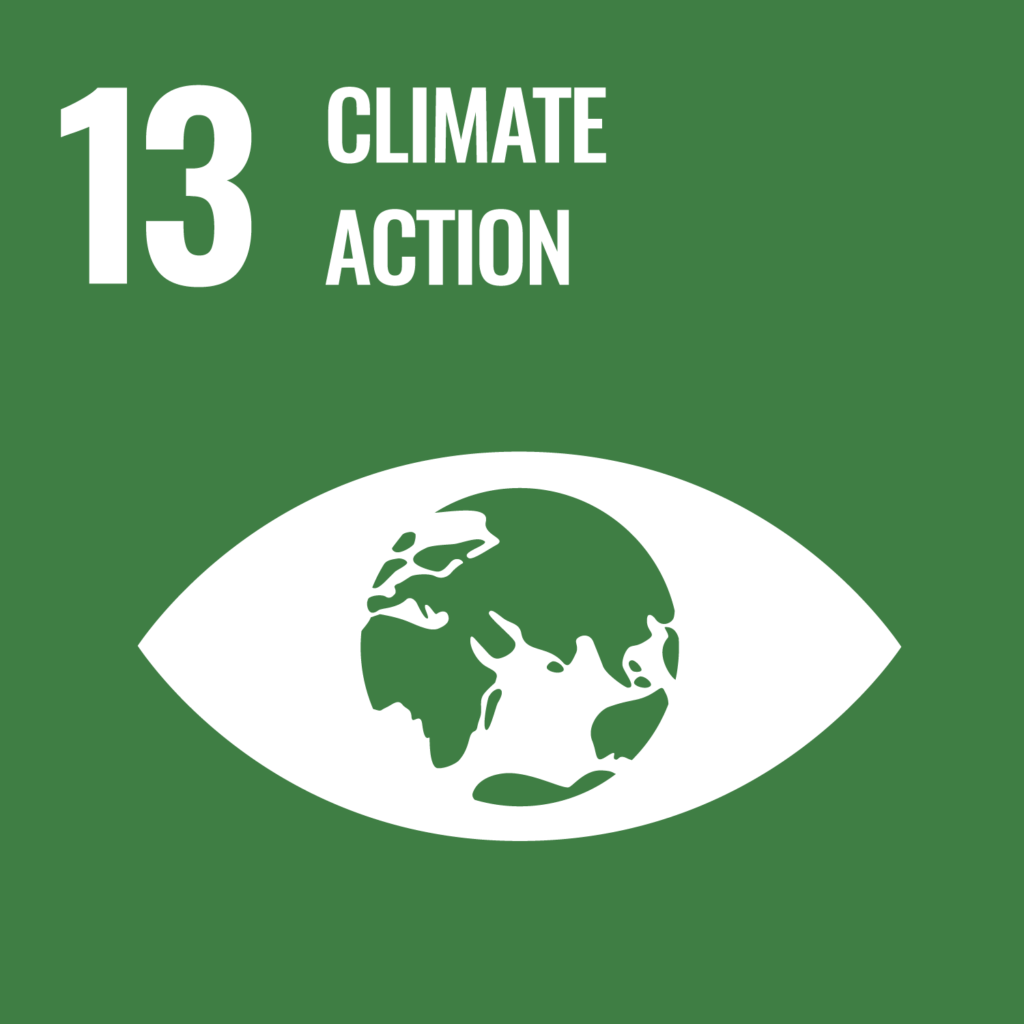
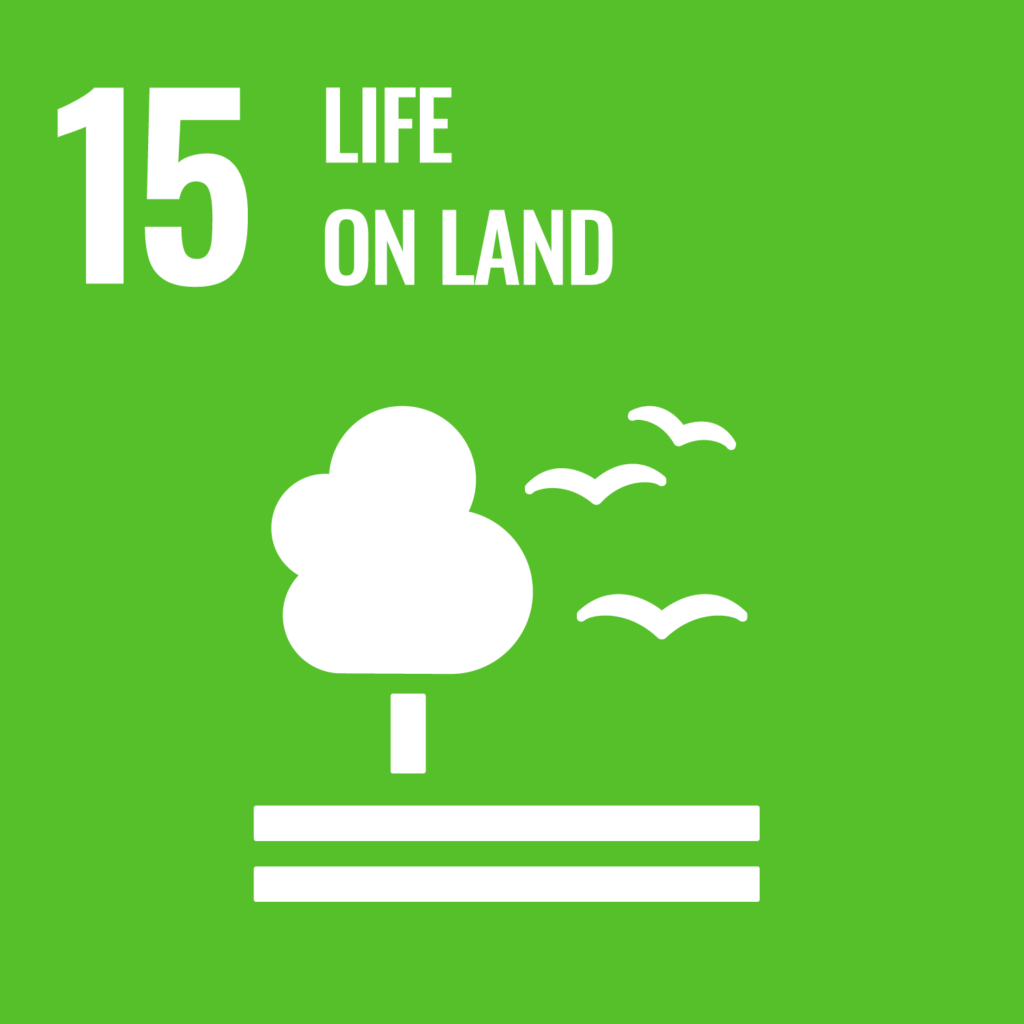
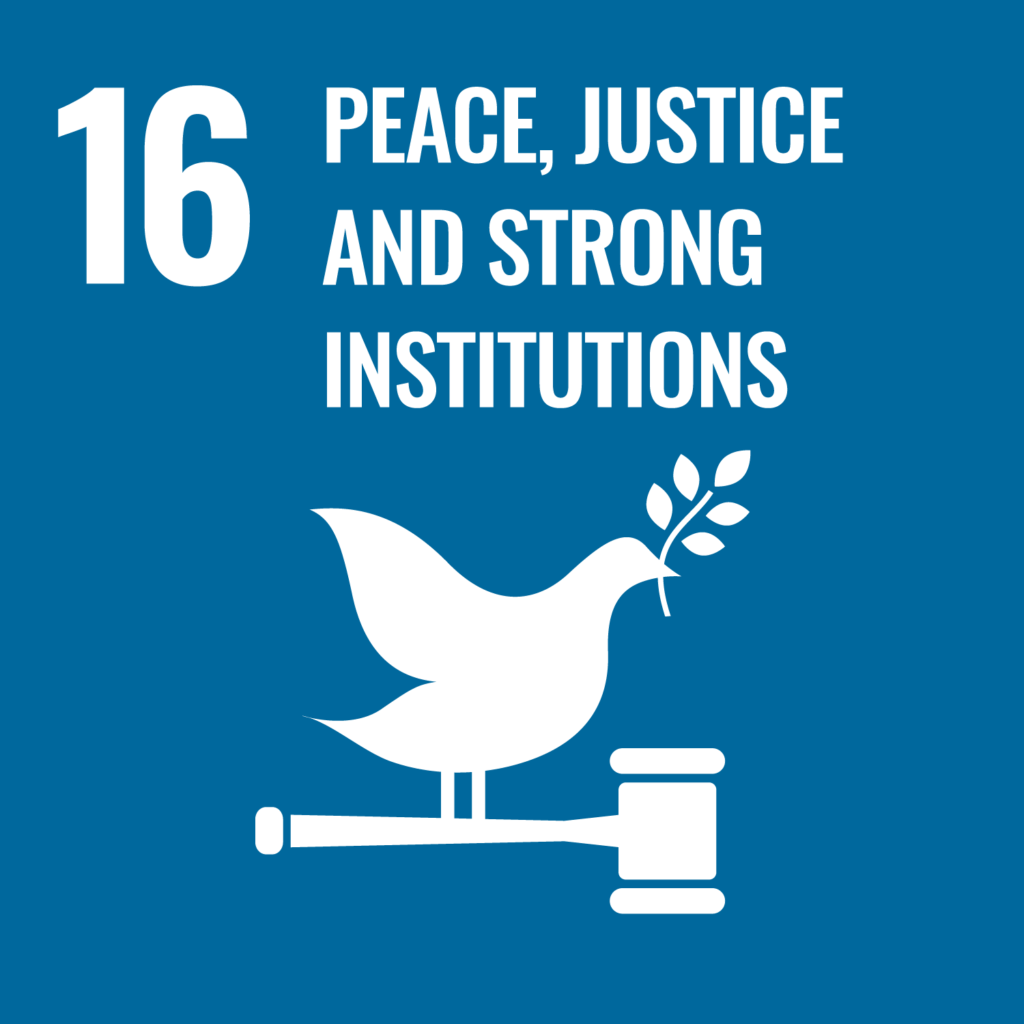
About the Institute
Departments
Department of Agricultural Economics

According to Áron Török, modern agribusiness can contribute significantly to the economic, social and environmental sustainability of Hungary.
“Not only more efficient technologies and innovative solutions, but also consumer choices contribute to a more sustainable food supply.”
Contact: aron.torok@uni-corvinus.hu
Department of Sustainability Management and Environmental Economics

Katalin Ásványi believes that the state of our environment and society, which is affected by both production and consumption, determines not only our future but also our present.
“We believe that together, through research and education, we can take small steps to create a more sustainable world.”
Contact: katalin.asvanyi@uni-corvinus.hu
The Sustainability Indicators Research Center (SuRC) is an academic community conducting strategic research in the field of sustainability management and sustainability indicators. Our activity focuses primarily on companies and individuals. We are seeking answers to questions such as:
- How can the carbon footprint be measured at the individual, corporate, supply chain or even national level? Under what conditions can carbon reduction strategies be more effective? How can corporate carbon strategies be typified? What are the typical carbon strategies in different economic sectors?
- How can the ecological footprint be measured at the individual or national level? What is the relationship between a sustainable lifestyle, ecological and carbon footprint, and subjective well-being? How to reduce the carbon footprint of households? How is sustainable consumption related to subjective well-being?
- How can sustainable business models support us in moving towards a more sustainable economy?
The Research Center belongs to the Institute of Business Economics, but its members work in several institutes, they are connected by targeted joint research.
Economic Geography and Urban Development Department

According to Ágnes Varga, even in our globalized world, the different information related to individual geographical locations is of decisive importance.
“Social and economic differences between places influence not only economic and governmental decisions, but also our personal choices.”
Contact: varga.agnes@uni-corvinus.hu
The Lab has been operating since 2018. It is focusing on urban reseaech, planning and development at urban and regional level. Special ephasis is put on governance, sustainable transformation and socio-economic dynamics of cities. It was initially established on the basis of the Strategic Research and Development of the Budapest Urban Area project sponsored by the Central Bank of Hungary (MNB), and later participated in the implementation of the University Innovation Ecosystem project in the field of urbanism. The Lab is in close cooperation with the Hungarian Society for Urban and Spatial Planning (MUT) and its Young Urbanists Chapter. The workshop has hosted several world-renowned researchers (Roger Keil of University of Toronto, Deirdre Pfeiffer of Arizona State University, Andreas Faludi of Technical University of Delft, etc.). The majority of the urban-regional development related courses are team-managed. Coordinators are Géza Salamin and János Balázs Kocsis. The members of the workshop are full-time and part-time colleagues and PhD students dealing with spatial and urban planning issues.
Tourism Department

Dr. László Kökény believes that tourism is one of the driving forces of the Hungarian and European economies, whose future is increasingly driven by changing consumer habits and innovation. Sustainability and innovation are not trends, but basic requirements for competitive and responsible tourism.
“Tourism is no longer just a competition based on price and experience, because today and in the future, innovation, sustainability and digitalization together shape the complex system that determines how and according to what values we will travel in the future.”
Contact: laszlo.kokeny2@uni-corvinus.hu
Tourism development manager postgraduate course
This postgratduate course provides professionals from local authorities, cultural institutions, festival and hotel managers cutting-edge knowledge and competence in regional development, marketing and management. Our aim is to train them to successfully manage cultural and heritage attractions and implement innovative marketing strategies into their businesses and projects.
Cultural tourism manager postgraduate course
This highly specialiyed postgraduate course equips students with up-to-date knowledge and international and domestic buisness insights. The aim is to enable them to manage cultural and heritage attractions in an innovative and sustainable way. They will learn not only theoretical but also practical skills from renowned speakers in the field, and will be introduced to trends in cultural tourism through national and international projects.
- In 2017, a postgraduate program in Cultural Tourism Development Manager was launched, and the training portfolio was expanded with the addition of a postgraduate program in Tourism Innovation Manager.
- The second pillar of the Centre’s activities is research in the field of management and organization sciences. Research topics are mainly related to the socio-economic impacts of tourism and transport development. The Research Centre works in close cooperation with the Akadémiai Kiadó, which publishes the Tourism and Mobility book series (edited by Dr. Melinda Jászberényi, habil.), which is continuously producing publications useful for tourism education at all levels.
- The Centre for Mobility and Tourism also coordinates the publication of the Tourism Bulletin, an MTA-B category journal, and has established an Editorial Board for day-to-day operations and a Scientific Advisory Board for strategic issues.
- The fourth pillar of our Research Centre is the organization of scientific conferences, in particular the annual conference “Travel through Science”, where experts and researchers in the tourism and mobility sector present current trends and sectoral issues.
Ongoing research projects
Agribusiness
Researchers: Balogh Jeremiás Máté
Description: Exploring the links between climate change and the agri-food industry
Implications: The results seek to assess the impacts of climate change and GHG emissions on the agriculture and food industry and their mitigation measures and policy implementation to reduce them.
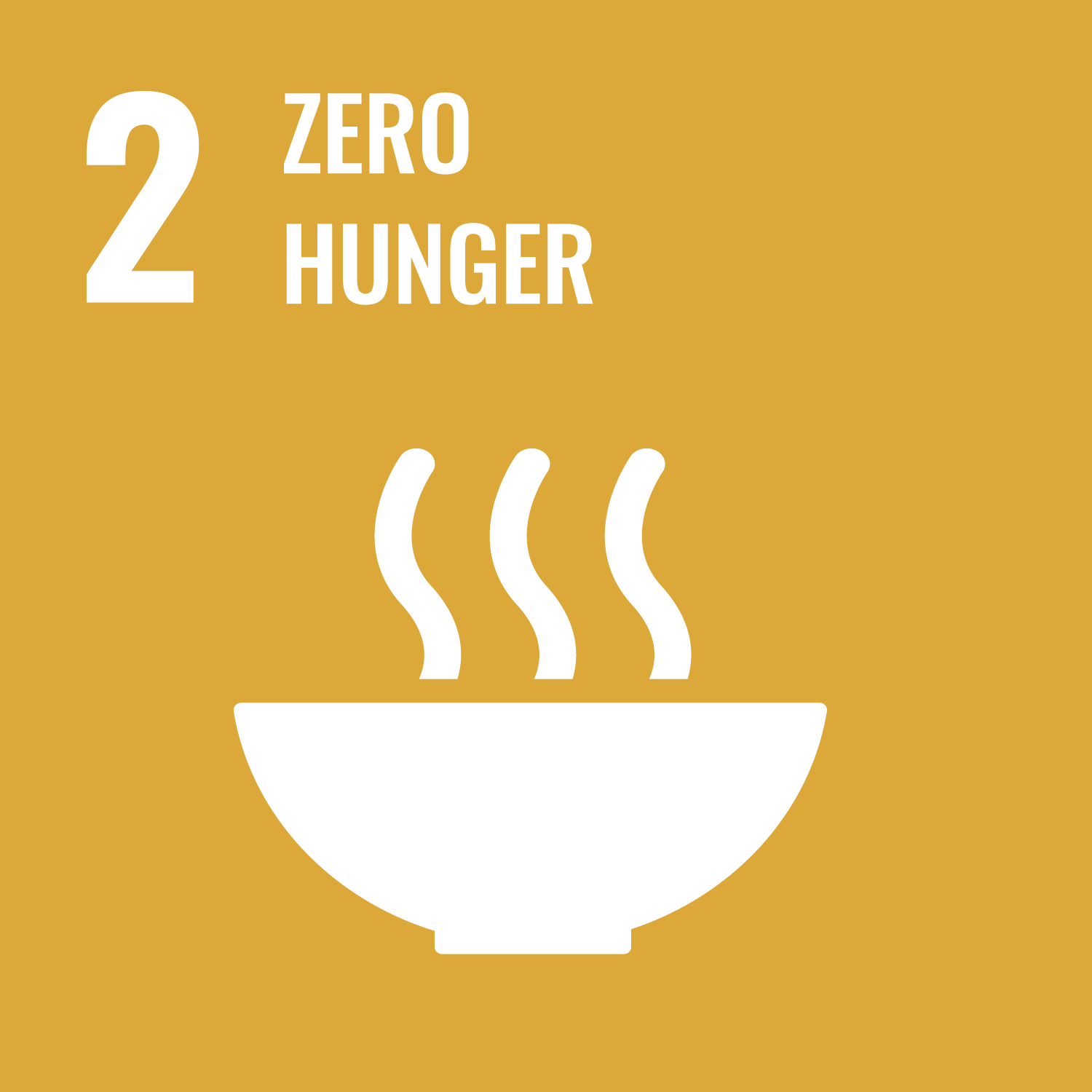
Researchers: Fertő Imre
Description: Greening agricultural policy: a Hungarian-Slovenian comparison
Implications: The research will contribute to the analysis of the impact of KAP policies on farm sustainability. Our research allows a comparative analysis of Slovenian and Hungarian agriculture for the same programming period

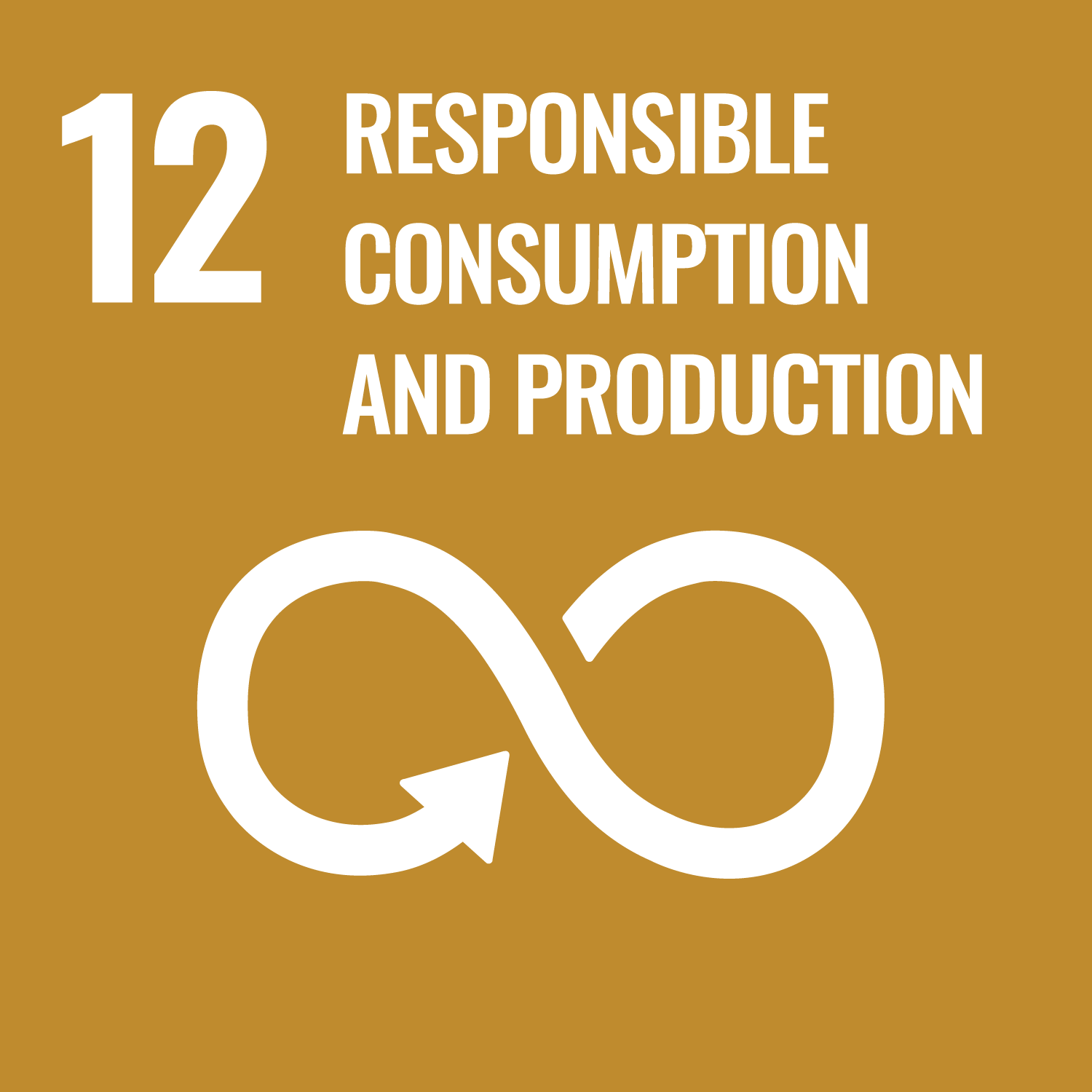
Researchers: Maró Zalán Márk, Török Áron
Description: Analysing the consumers of pálinka, a prominent Hungarikum and GI product
Implications: Their results help to understand the demand side of the Hungarian pálinka market, and also identify and measure those product attributes that are important in consumer decision-making.

Researchers: Török Áron, Maró Zalán Márk and Maró Gréta
Description: Examining the sustainability of short food supply chains, highlighting farmers’ markets
Implications: Their results can help to understand the role and sustainability of farmers’ markets in the modern food economy, as well as to bring closer producers and consumers.

Researchers: Vetőné Mózner Zsófia – Csutora Mária
Description: Analysing the sustainability of food consumption
Implications: Identification of typical consumer groups and consumption patterns helps to improve the effectiveness of public policies to reduce the environmental impact of diets.


Researchers: Attila Jámbor, Áron Török, Tamás Mizik, Jeremiás Balogh, Zalán Maró
Main objective and implementation: To identify new opportunities to foster positive sustainability impacts of trade supported by improved trade policy at national, EU and multilateral level, including WTO modernization.
Website: https://www.trade4sd.eu/

Hort2thefuture (project funded by Horizon Europe and the NRDI Fund)
Researchers: Attila Jámbor, Áron Török
Research: Addressing
sustainability issues in the horticulture sector
Implications: The research contributes to more
sustainable horticultural production systems and thus to more resilient
agri-food systems in Europe by developing new products as alternatives to high
environmental footprint peat and adapted fertilisation and irrigation practices,
promoting a better regulatory and economic environment for alternatives, and
training professional farmers, hobby gardeners and farming groups.
Website: hort2thefuture.eu | Small steps. Big Ideas.
Project no. 2020-2.1.1-ED-2024-00296 has been implemented with the support provided by the Ministry of Culture and Innovation of Hungary from the National Research, Development and Innovation Fund, financed under the 2020-2.1.1-ED funding scheme.
Sustainability management
Researchers: Ásványi Katalin – Hager Chaker
Description: Sustainability in the hotel industry, analysis of hotel managers’ and guests’ preferences
Implications: Comparing supply and demand side sustainability practices for cultural institutions and hotel industry.

Researchers: Mária Csutora
Description: Why are heating bills high for people on the lowest incomes?
Implications: Analysis based on data from 11 countries is useful for policy makers, it looks at how the bottom three deciles of society can be involved in reducing the carbon footprint of household energy..
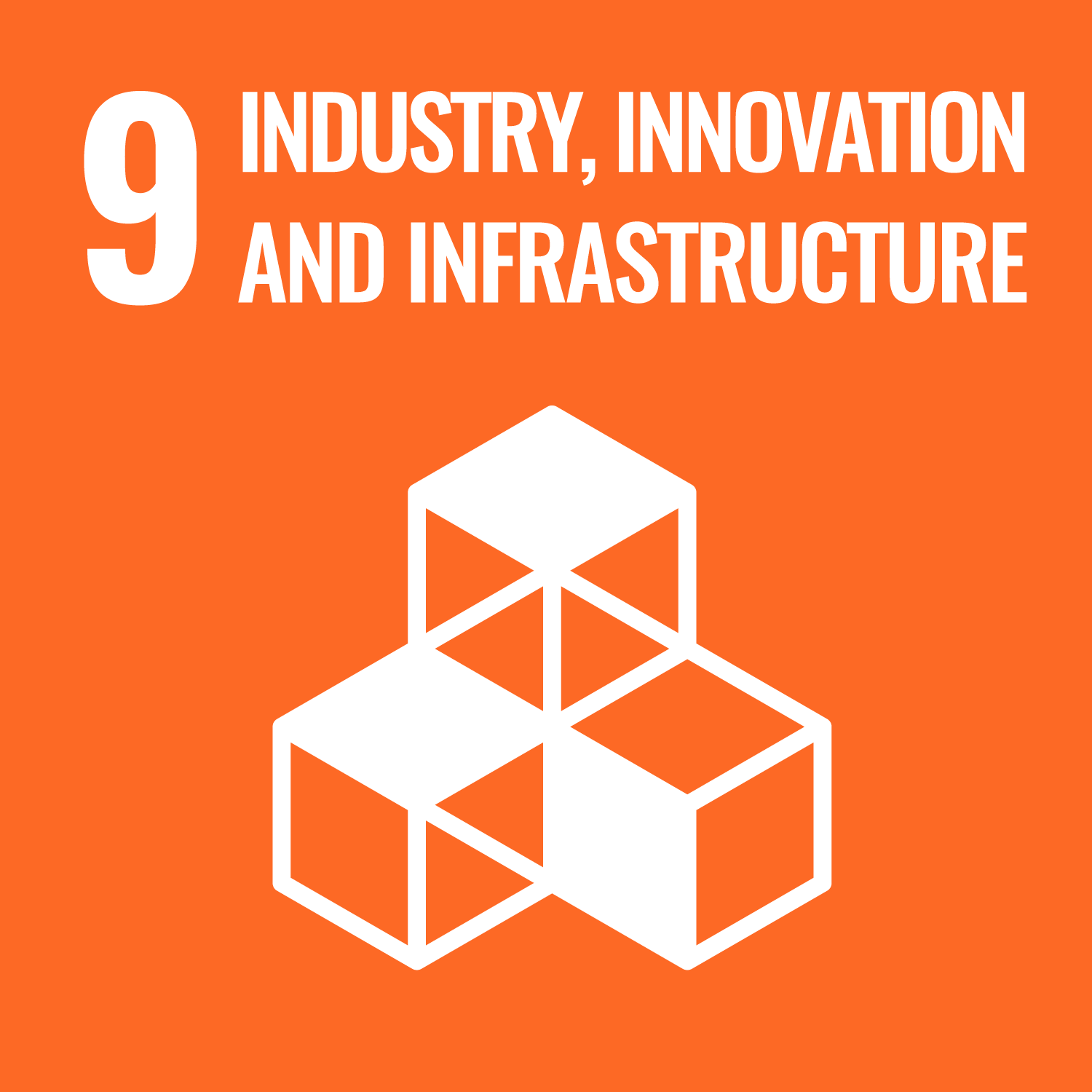
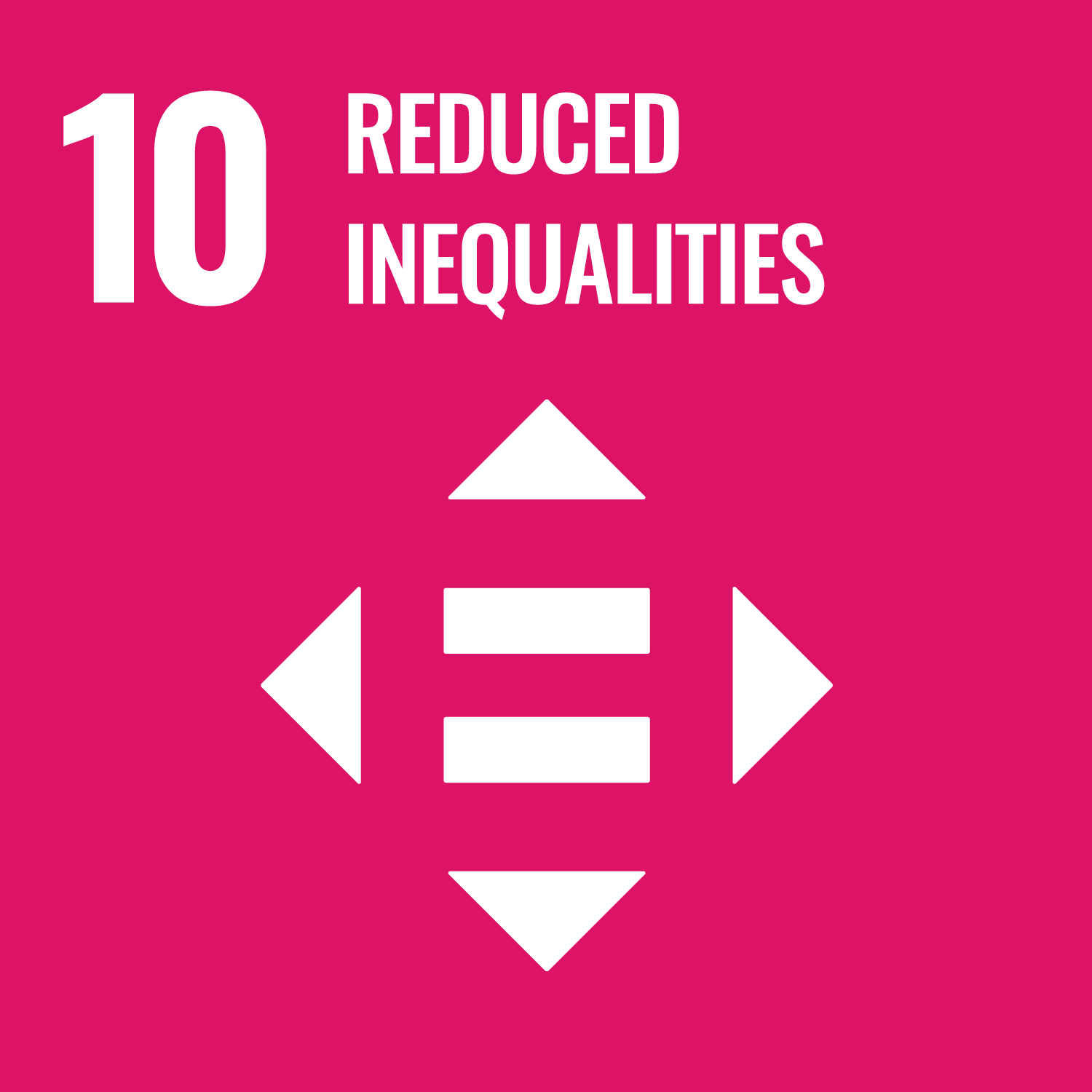
Researchers: Fakó Petra – Harangozó Gábor
Description: Sustainability assessment of the telecoms sector
Implications: The results of this research can contribute to a better understanding of the sustainability implications of the industry and of digitalisation, and thus to the development of more effective business practices and policy frameworks.


Researchers: Széchy Anna – Nemes Zsófia
Description: The theory and practice of pricing carbon emissions (What is the ‘price’ of releasing carbon dioxide into the atmosphere?)
Implications: Determining the ‘correct”’ price of carbon emissions and mapping the related international practice to establish the basis for climate policy and corporate decisions
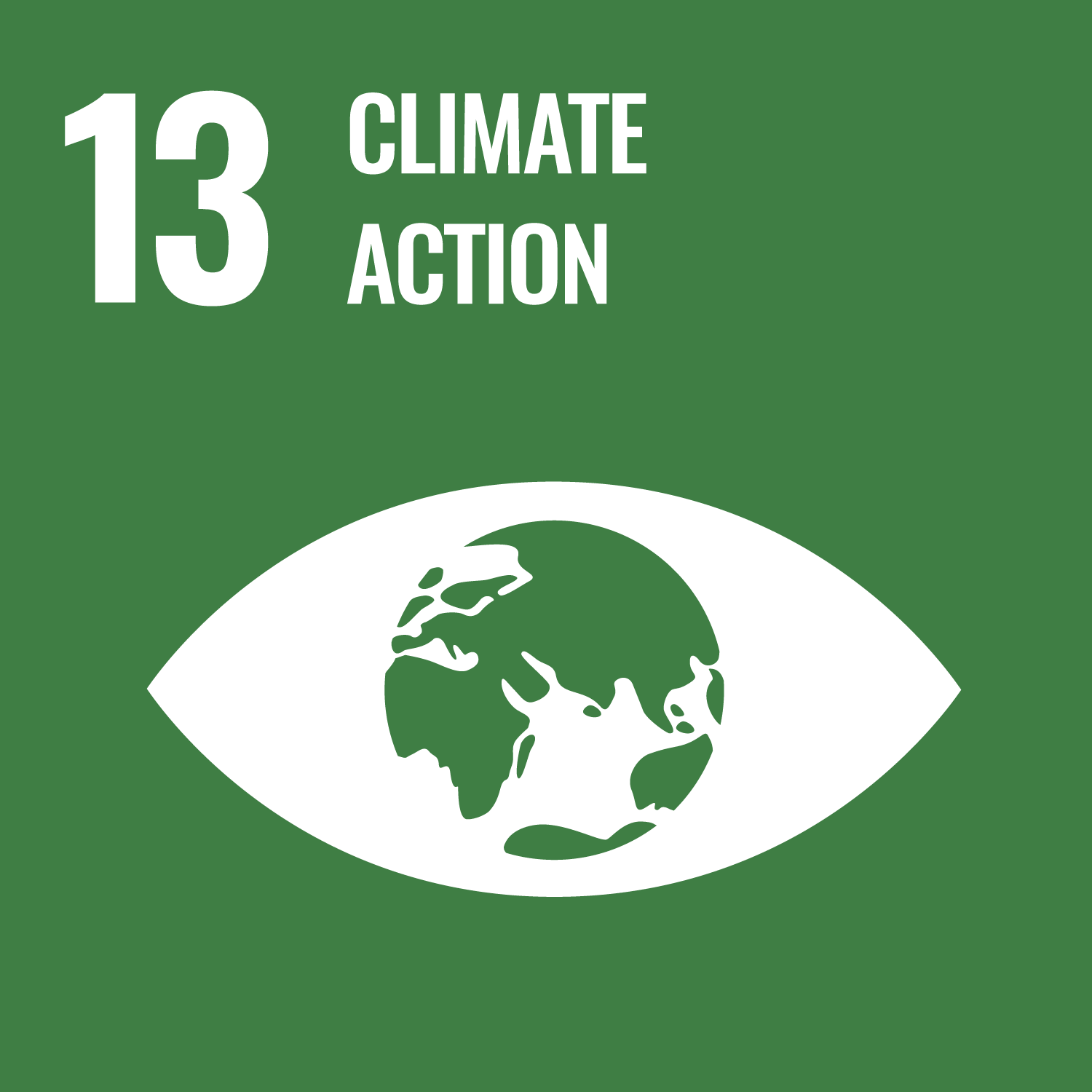
Innovation in tourism
Researchers: Csapody Bence – Jászberény Melinda – Ásványi Katalin
Description: The role of local products in the sustainability system of hospitality
Implications: Demand and supply side research on the role, trends and opportunities of local products.


Researchers: Irimiás Anna and Mònica Coronel
Description: Employ sensory observations to assess tourists’conscious and unconscious reactions to music.
Implications: Their results can help tourism marketers to reach their target segments in a more efficient way through music.
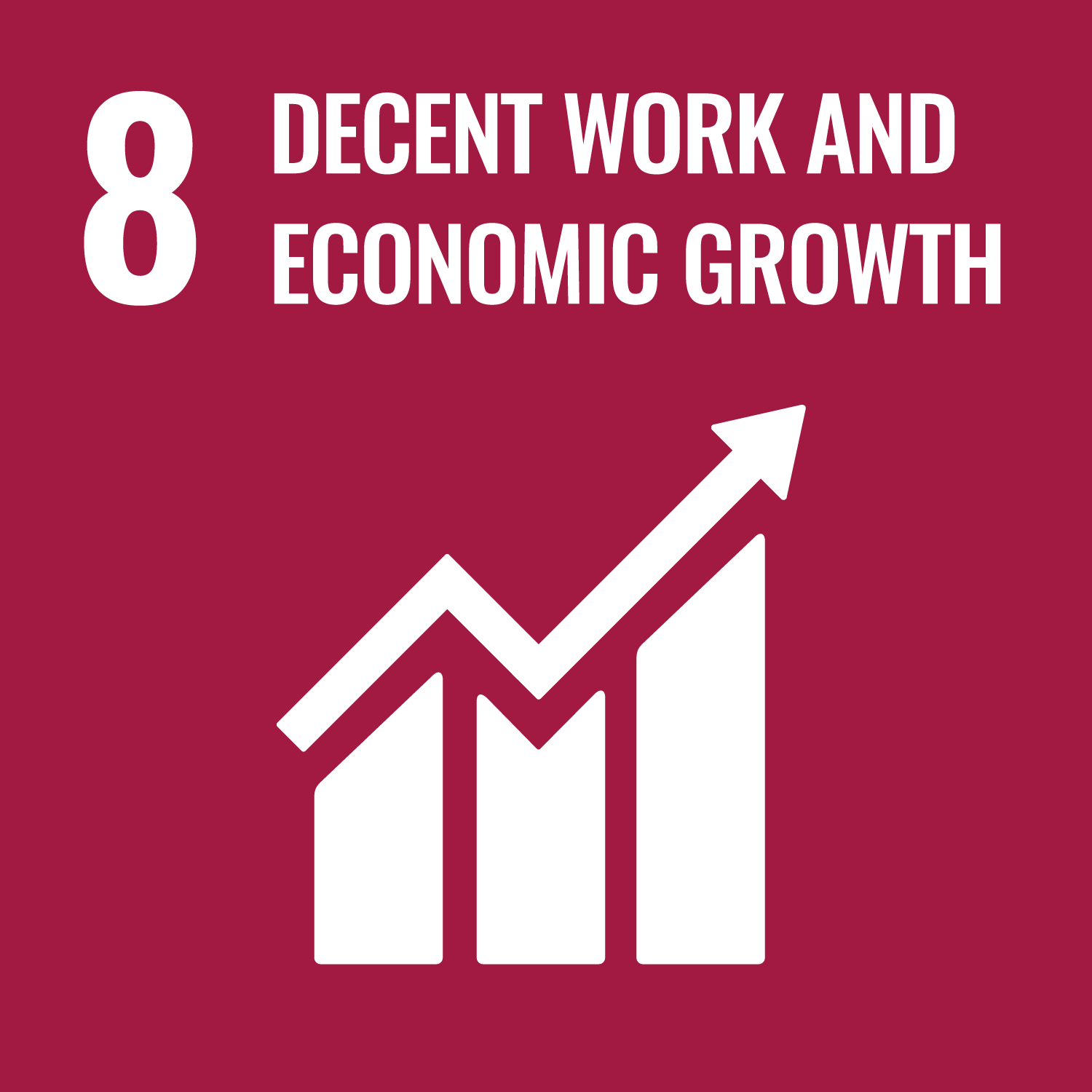

Researchers: Jászberényi Melinda – Miskolczi Márk – Pfening Ágota
Description: The role and impact of the digital nomadism phenomenon in tourism
Implications: Our results, in addition to the socio- theoretical typology of digital nomads, also point to the sectoral impacts of the phenomenon, which can help market actors (tourism service providers, destination management) to identify innovative tourism development directions.

Researchers: Krisztina Keller
Description: Adapting sustainable principles to event management
Implications: The aim of the research is to examine how event organisers and venues are aware sustainability in the context of national and international events. The analysis provides an opportunity to investigate and adapt international best practises to domestic conditions.

Researchers: László Kökény
Description: Consumer concerns and consumer protection in a technology-intensive tourism sector
Implications: The aim is to understand and model consumer concerns and acceptance of the online space and innovative technologies. Research can highlight the variability of negative outcomes associated with risk perception (e.g. incorporating the occurrence of unexpected events into the model), which is also not yet reported in the framework.

Researchers: Lívia Szabóné Pintér – Anna Irimiás
Description: Analyse through experiments how inner-city hotels can reduce the use of chemicals during room cleaning.
Implications: Our results, in addition to the socio- theoretical typology of digital nomads, also point to the sectoral impacts of the phenomenon, which can help market actors (tourism service providers, destination management) to identify innovative tourism development directions.


Researchers: Márk Miskolczi, László Kökény and Melinda Jászberényi
Description: Analysing the perception of highly automated (self-driving) vehicles among tourists
Implications: Their results can provide insights for ongoing developments of self-driving vehicles and infrastructure, as well as for the shaping of related policy (e.g. tourism, urban transport development), regulatory and institutional frameworks.

Innovative business models
Researchers: Harangozó Gábor – Edőcsény Klára
Description: Exploring more sustainable business models in the fashion industry
Implications: The research aims to identify more sustainable business models that can be applied in the industry, and to assess businesses (especially SMEs) from a sustainability perspective.

Researchers: Tamás Kocsis; András Márton; Virág Varga; Denis Lucey; Judit Gossler
Description: Intenscope: Introducing log-isometric perspective into science, education and public life.
Implications: Visualisation, interpretation and analysis of constant product ratios by dedicated webpages, teaching videos, tutorials and scientific papers.
Researchers: András Márton
Description: The effect of Artificial Intelligence and other disruptive technologies on the energy sector
Implications: Our results can be used for energy efficiency, investments and, more broadly, for planning and strategy-making.

Researchers: Mizik Tamás
Description: Alternative fuels
Implications: Research is continuously investigating the efficiency of alternative fuel options in decarbonising transport.


Researchers: Gábor Harangozó – Katalin Ásványi – Ngo Thi Thuy Linh
Description: Sustainability assessment of social enterprise business models
Implications: The results of this research can help to improve the performance of social enterprises and provide policy makers and society with a more transparent picture of the importance and success factors of their operations.


Urban development
Researchers: Jeney László
Description: The economic geographical connections of the human resource in the V4 countries: the reshaping poles of the settlement network
Implications: To understand the economic development inequalities, it is important to be aware of the economic geographic characteristics of the settlements in neighbouring countries that host capital, their changes and responses to the various macroeconomic and social challenges affecting the local economy.


Researchers: Kocsis János Balázs – Teveli-Horváth Dorottya
Description: Agglomeration settlement types in Hungary
Implications: We are looking for answers to questions such as what factors determine settlement success, how migration in and out of settlements affects local social conditions, and which social groups are relied on for local leadership.
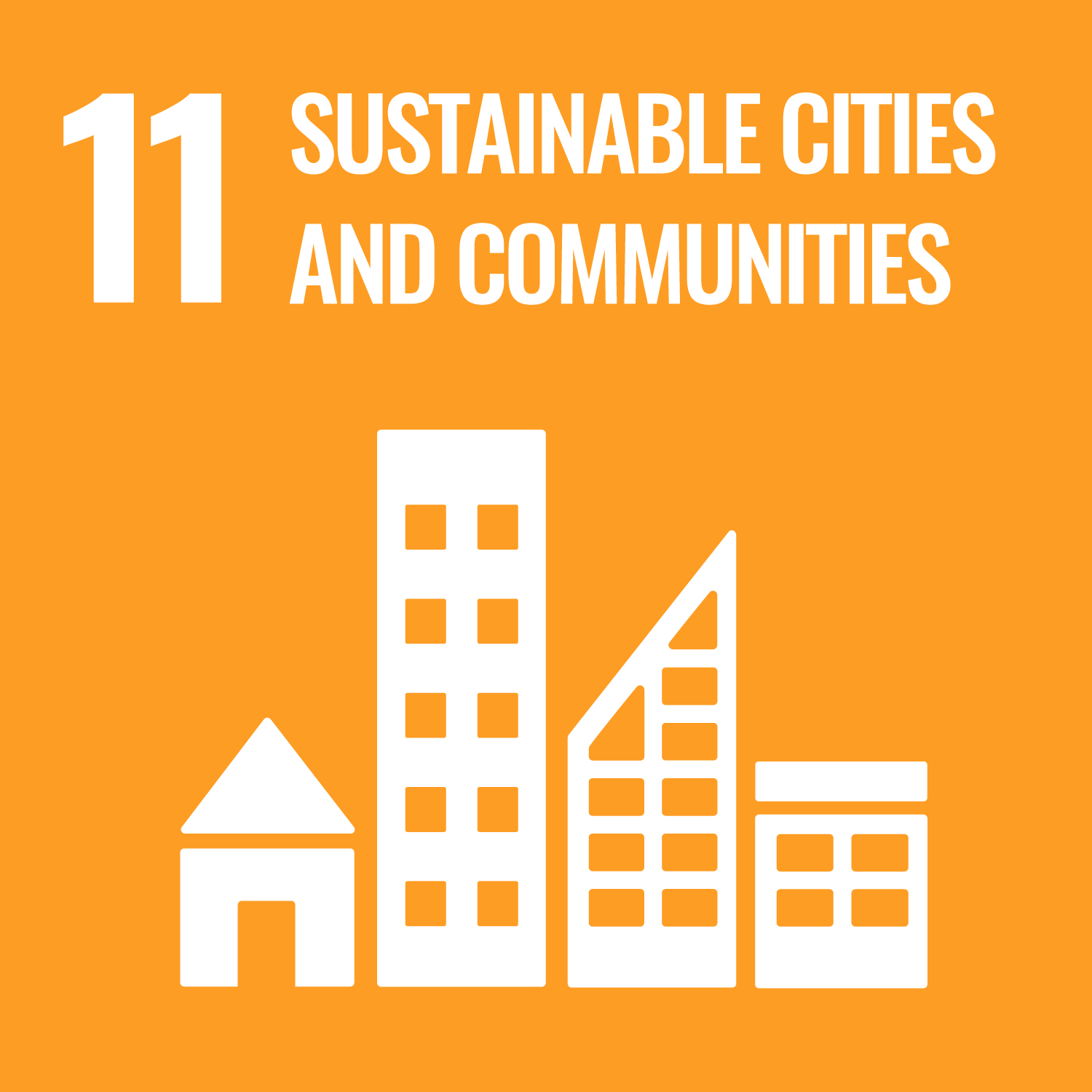
Researchers: Lieszkovszky József Pál
Description: Research of transport-related social exclusion (TRSE)
Implications: The social groups that are most affected by the decline of public transport are in effect relegated to a status of exclusion. This form of social exclusion is called transport-related social exclusion. The present research explores this phenomenon in urban and rural spaces, as well as in a broader context (Global North versus Global South).

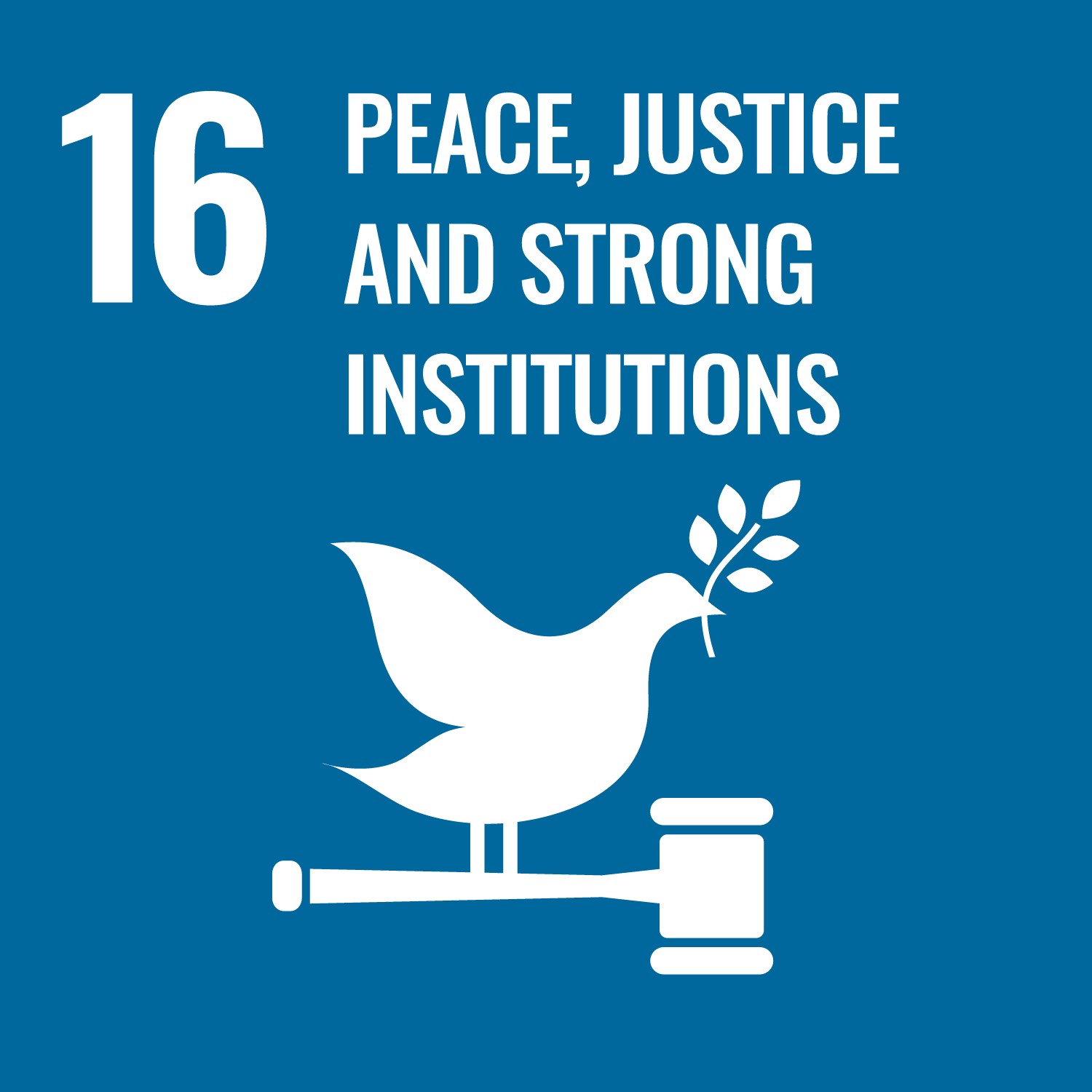
Researchers: Nuno Morgado
Description: Analysis of the impact of geography, and other elements of state’s potential, on state’s foreign policy (Geopolitics)
Implications: Development of cutting-edge methodological approaches to study this research topic; case studies (Central European countries, Brazil, China, Russia, Japan, Ukraine)


Researchers: Salamin Géza – Péti Márton
Description: Comparative analysis of the transformation of territorial and urban development systems in Europe.
Implications: The research examines the impact of the EU and seeks a methodological approach to the comparability of multidimensional, very different planning systems.

Researchers: Varga Ágnes
Description: The role of SMEs in the diversification of rural employment
Implications: The aim of the research is to answer the question whether the change in the distribution of SMEs has contributed to the diversification of the economic structure of rural areas in the V4 and whether the different policies have fulfilled the expectations.

